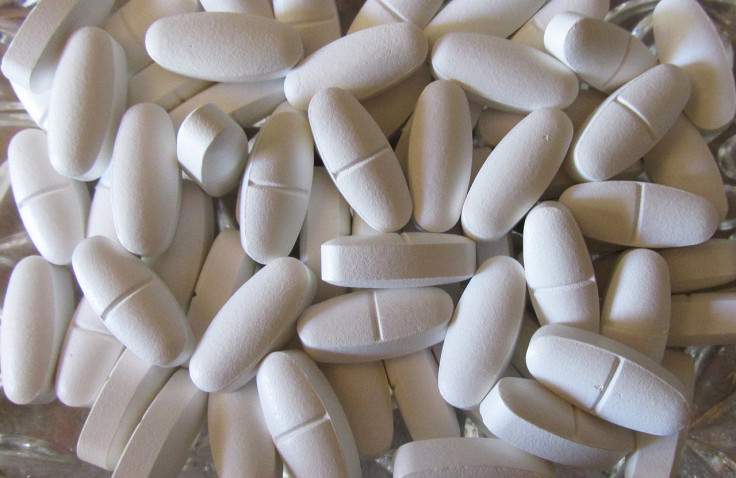Vitamin D reduces COVID-19 complications by more than half
Patients above 40 years who had good amounts of vitamin D in their system reduced their risk of dying from coronavirus by more than 51 percent.
With COVID-19 cases still on the rise, ensuring that one's body is strong enough to combat the disease becomes a priority. The latest research found that Vitamin D can help afford individuals some degree of protection as it can lower the risk of infection and the risk of fatal complications in those who contract the deadly virus.
In a study published in the journal PLOS One, entitled, "Vitamin D sufficiency, a serum 25-hydroxyvitamin D at least 30 ng/mL reduced risk for adverse clinical outcomes in patients with COVID-19 infection," researchers from Boston University's School of Medicine, looked at the blood samples of 235 patients who were admitted in the hospital because of COVID-19. They then measured the patients' vitamin D levels and monitored their health conditions while in the hospital.
Among the vital signs that they closely monitored were loss of consciousness, the severity of infection, and difficulty breathing. They also observed patients whether they would fall fatally ill or not.
Researchers found that patients who were above 40 years, who had good amounts of vitamin D in their system reduced their risk of dying from coronavirus by more than 51 percent.
Dr Michael Holick, lead author of the study stated that in consideration of wintertime, when vitamin D deficiency becomes widespread in both children and adults, it is prudent for people to take vitamin D supplements in order for them to reduce their risk of being infected with the virus. At the same time, it will also lessen their risk of developing complications from COVID-19 in the event they get infected.
Previously, Dr Holick also published a study, which indicated that vitamin D reduces the risk of getting infected by 54 percent and that a daily dose of vitamin D can have positive outcomes in terms of reducing the risk of suffering from complications.
In June, health officials in the UK stated that there was no evidence suggesting that supplementation of vitamin D can either treat COVID-19 or prevent it. This was their response to research in the US and Ireland, which claimed that patients with high vitamin D levels had a higher chance of surviving the disease. Thereafter, Public Health England made recommendations during the lockdown to take vitamin D supplementation to counter lengthy periods of being indoors.
© Copyright IBTimes 2025. All rights reserved.






















